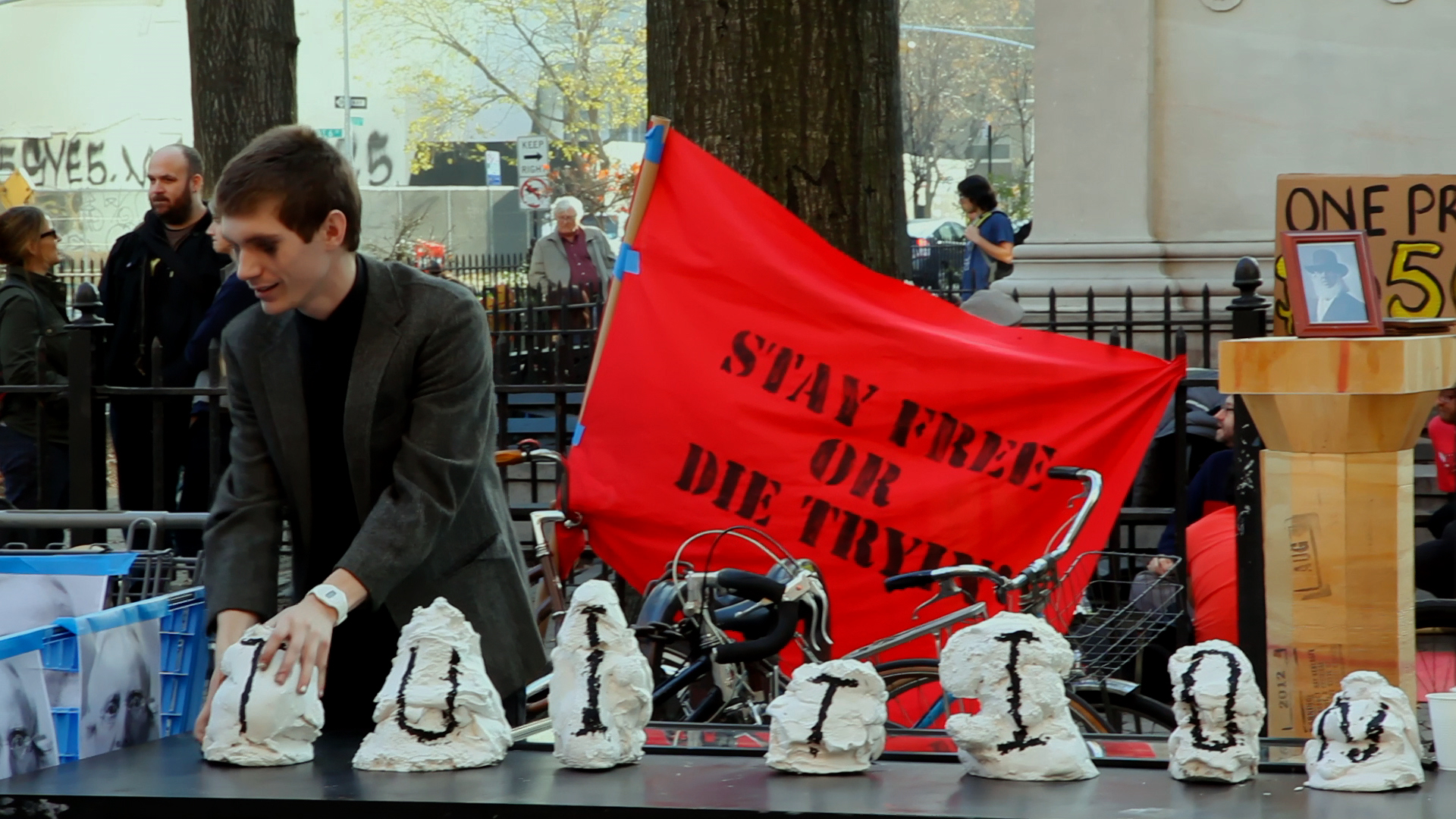This documentary questions assumptions long accepted as gospel: that higher education is the key to success; that it’s worth any price; and that it’s all about ennobling students rather than racking up money and prestige. Such questioning is appropriate. As Ivory Tower points out, there’s a crisis at hand with skyrocketing tuition costs and student debt. Some graduates owe more than $100,000 after college.
“We need to really rethink what are the specific things that people are learning and why are they valuable,” says Peter Thiel, the high-tech entrepreneur and flame-thrower against the education establishment.
He’s not the only plainspoken source in Ivory Tower, which avoids jargon and engages its subject in fresh, vivid ways. Director Andrew Rossi is making a specialty of capturing industries in churn, as with his excellent 2011 documentary Page One: Inside the New York Times. Here he finds drama everywhere he goes—and he goes a lot of places.
At Harvard, he introduces us to a once-homeless African-American student determined to move beyond his insular Cleveland community. In the rugged dessert of California, Rossi finds the tiny, free, all-male Deep Springs College, whose educational philosophy is rooted in farm work as well as classroom debate. The polar opposite, Arizona State University, known for its hard-partying students, gives Rossi an opportunity to question whether big state schools are simply trying to profit from out-of-towners who pay premium tuition. We even get a prolonged sit-in—remember those?—at New York City’s privately endowed Cooper Union, which charged no fees for over 150 years. The recent decision to start charging tuition provoked shock and horror among its students.
Outrageously high salaries for university presidents, slashed state funding, online learning companies, and an “unschooling” movement that encourages students to drop out of college and learn skills in the real world—Rossi covers all these, too. What he does not do, however, is provide answers to the questions he raises. One minute we’re thinking that the university model is irretrievably broken, the next that it just needs to stay true to its ideals. But at least we’re thinking critically, and that seems right for a movie about higher education.
Opens Fri., June 27 at Seven Gables. Rated PG-13. 90 minutes.
nshapiro@seattleweekly.com









